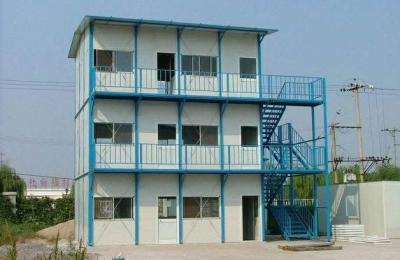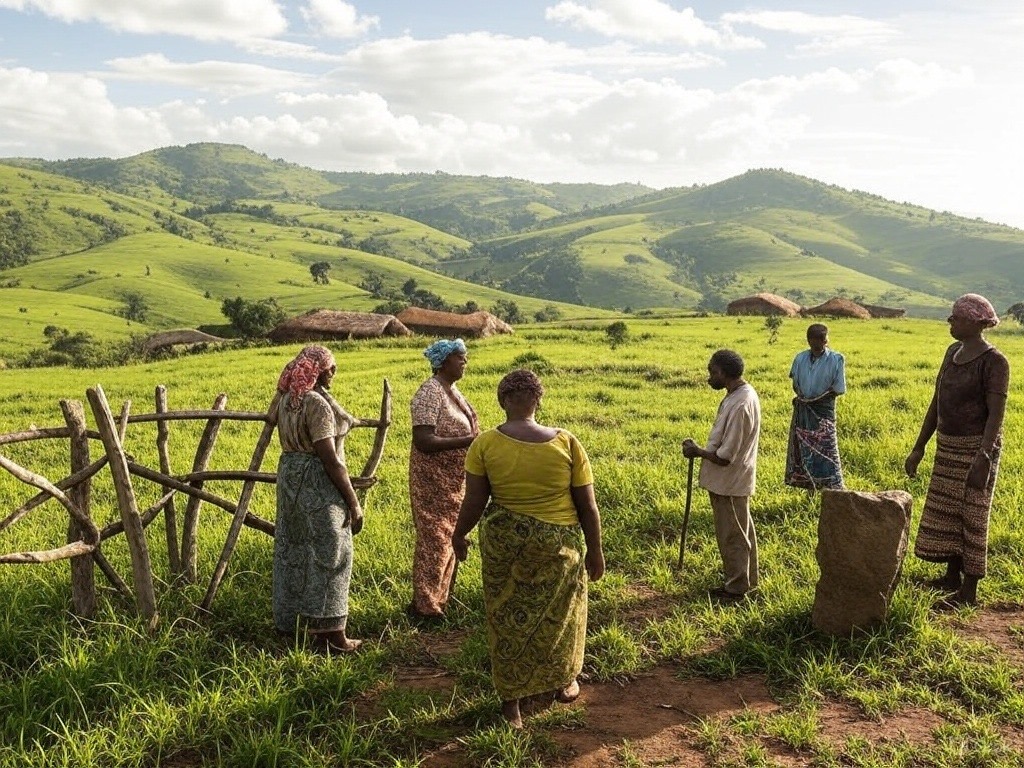LAND CONFLICTS.
Common Causes of Land Disputes in Uganda: A Guide for Property Buyers.
Land disputes are a significant challenge in Uganda, with an estimated 80% of court cases tied to conflicts over land ownership and use. For property buyers and real estate investors, these disputes pose a major risk to secure investments. Understanding the root causes of land conflicts is essential for navigating Uganda’s complex land market. At Estate Hub Uganda, we prioritize rigorous due diligence to ensure our clients acquire conflict-free properties. In this article, we explore the common causes of land disputes in Uganda and offer practical insights to help you invest with confidence.
Uganda operates four distinct land tenure systems—Customary, Mailo, Freehold, and Leasehold—each with unique rules that often lead to disputes:
Customary Tenure: Dominant in regions like Acholi (covering 90% of land) and Teso, customary land is communally owned and managed by traditional leaders. Disputes arise due to unclear boundaries, undocumented inheritance, or competing claims among clans. For example, in Northern Uganda, post-conflict returnees often faced conflicts over untitled land they once occupied.
Mailo Tenure: Prevalent in Buganda, Mailo land involves dual ownership between landlords and tenants, leading to disputes over rent, evictions, or unauthorized sales. Tenants may claim ownership after decades of occupancy, clashing with titled landlords.
Freehold and Leasehold: While formalized, these systems are not immune to disputes, especially when titles are fraudulently issued or improperly registered.
Why It Sparks Disputes: The coexistence of these systems, combined with limited public awareness of legal rights, creates confusion and overlapping claims. Buyers unfamiliar with tenure-specific regulations risk purchasing disputed land.
Boundary disputes are a leading cause of land conflicts, particularly in rural areas where traditional markers like trees, stones, or hedges define plots instead of formal surveys. In Teso, for instance, 26.5% of land disputes stem from disagreements over boundaries, often worsened by population growth and land fragmentation. In urban areas like Kampala, rapid development and encroachment on adjacent plots fuel conflicts, especially in high-demand neighborhoods.
Why It Sparks Disputes: Without registered titles or professional demarcation, neighboring landowners or clans may claim the same plot, leading to legal battles. The lack of accessible digital land registries in many regions hinders boundary verification.
Land grabbing by powerful individuals, corporations, or even government entities is a persistent issue, particularly in post-conflict and resource-rich areas. In Northern Uganda, after the 2006 peace agreement, returning internally displaced persons (IDPs) faced land grabs by elites exploiting weak documentation. Similarly, oil discoveries in Buliisa and Hoima have attracted speculators, resulting in fraudulent title issuance.
Fraud in land registries further exacerbates disputes. Corrupt officials may issue multiple titles for the same plot, leaving buyers entangled in costly litigation. Reports suggest fraudulent titles contribute to over 50% of urban land disputes in Uganda.
Why It Sparks Disputes: Land grabbing and fraud undermine trust in the land market, pitting legitimate buyers against illegal claimants. The absence of a centralized, transparent land registry system enables these malpractices.
Inheritance disputes are widespread, particularly under customary tenure, where land is passed down without formal wills or titles. In Acholi, 35% of communities report conflicts over inherited land, often involving siblings, extended family, or clans. Widows and orphans are especially vulnerable, as patriarchal norms may deny them rightful ownership, leading to disputes with in-laws or community members.
Why It Sparks Disputes: The lack of clear succession plans or legal documentation fuels family conflicts that can persist for generations. Investors risk purchasing land with unresolved inheritance claims that resurface later.
With a population growth rate of 3.3% annually, Uganda faces increasing competition for land, particularly in fertile regions like Mbale and Jinja or urban centers like Kampala. As families subdivide land among heirs, plots shrink, leading to encroachment and boundary disputes. In urban areas, the demand for housing has driven informal settlements, sparking conflicts between titled landowners and squatters.
Why It Sparks Disputes: Land scarcity intensifies competition, encouraging illegal sales, encroachments, or fraudulent claims. Buyers in high-demand areas must be vigilant to avoid conflict-prone properties.
Northern Uganda’s history of conflict with the Lord’s Resistance Army (LRA) displaced millions, disrupting traditional land ownership. After the 2006 peace agreement, returning IDPs often found their land occupied or claimed by others, leading to widespread disputes. In Acholi and Lango, boundary conflicts and land grabbing remain prevalent as communities rebuild, with 33-50% of landholders reporting disputes.
Why It Sparks Disputes: Displacement creates gaps in ownership records, enabling opportunistic claims. Investors in post-conflict regions face elevated risks without thorough vetting of land history.
The commercialization of land, driven by agricultural projects and resource discoveries, has intensified conflicts. In Buliisa, large-scale land acquisitions for oil exploration have displaced communities, leading to disputes over compensation and ownership. Similarly, agribusiness ventures in Teso and Bunyoro have sparked tensions between investors and local claimants, as land values rise.
Why It Sparks Disputes: High-value land attracts speculators and corporate interests, often marginalizing local communities and triggering legal and social conflicts. Buyers must ensure community consent and clear titles in such areas.
How Estate Hub Uganda Protects Your Investment
At Estate Hub Uganda, we understand the complexities of Uganda’s land market and are committed to safeguarding our clients from disputes. Our rigorous due diligence process includes: Title verification, Boundary checks, community engagement and legal support. By choosing Estate Hub Uganda, you gain peace of mind knowing your investment is secure and conflict-free.
Contact us today at estatehubuganda@gmail.com . Let’sbuild your future on solid ground.
News insight
 25-08-2025
25-08-2025
COMMUTER TOWNS;
Commuter towns in Kampala;A growing suburban trend.
 25-08-2025
25-08-2025
CONTAINER HOMES.
Can container homes help ease Uganda's housing deficit?
 25-08-2025
25-08-2025
ISLAMIC BANKING
Islamic banking; the elixir to Uganda’s real estate financing problems.

